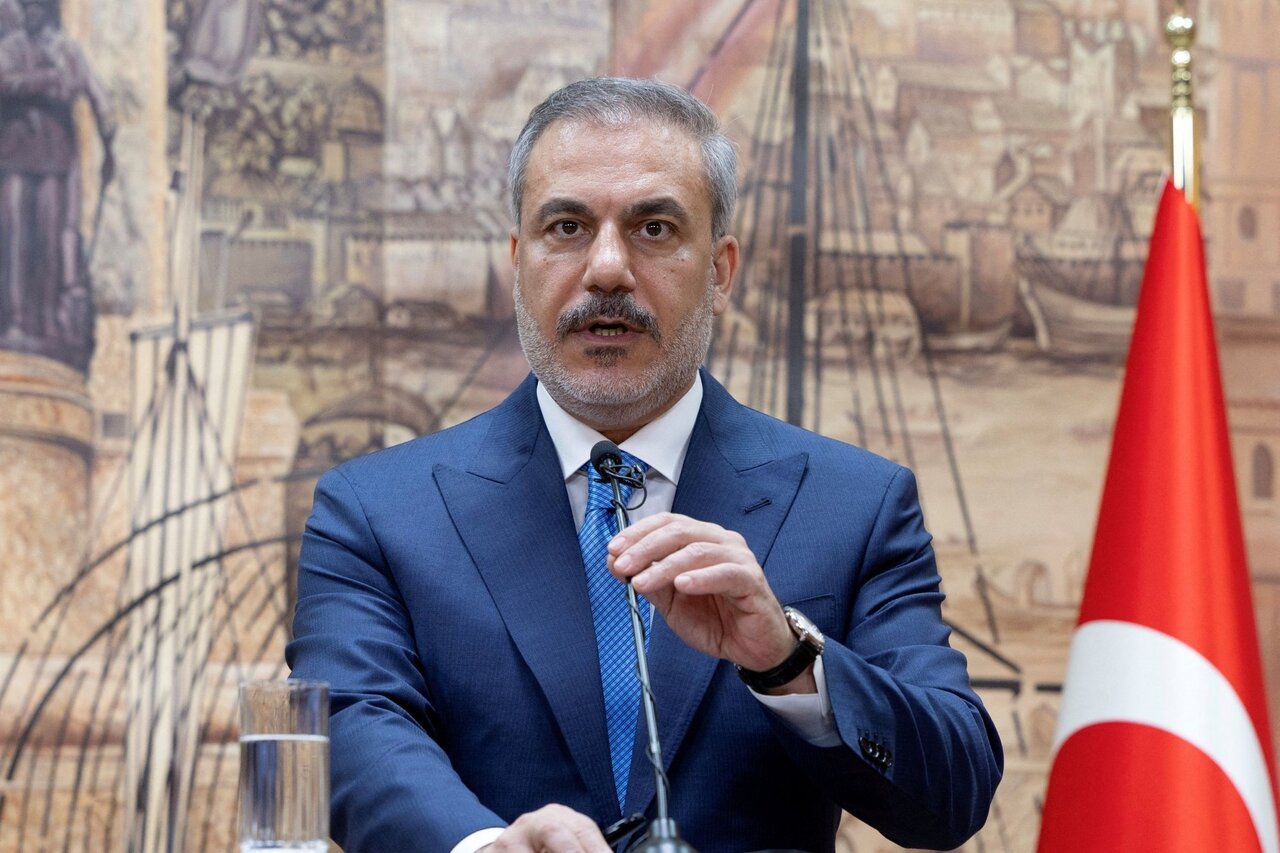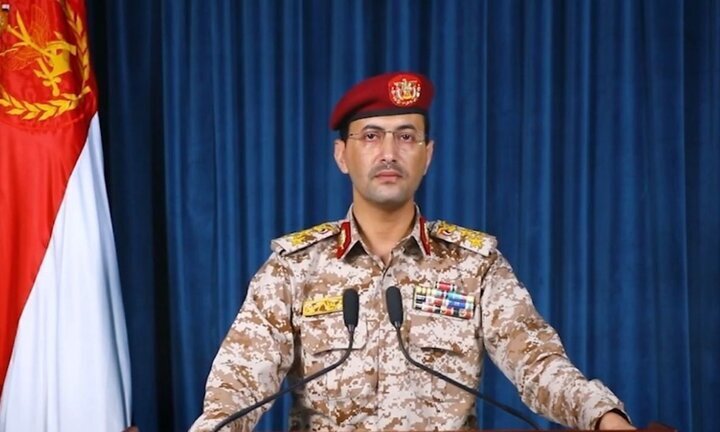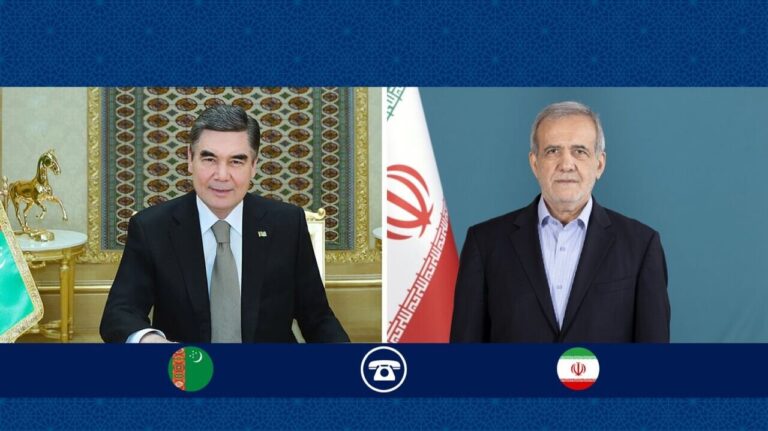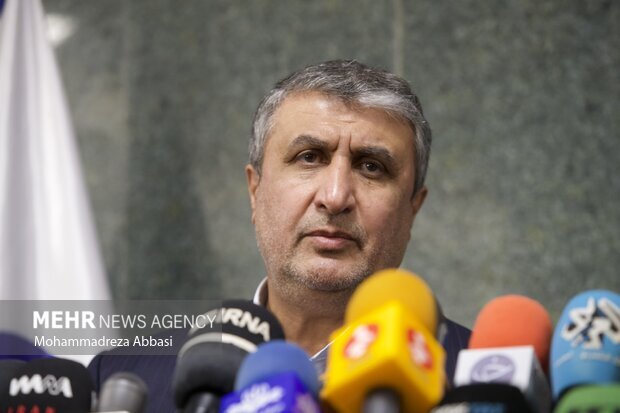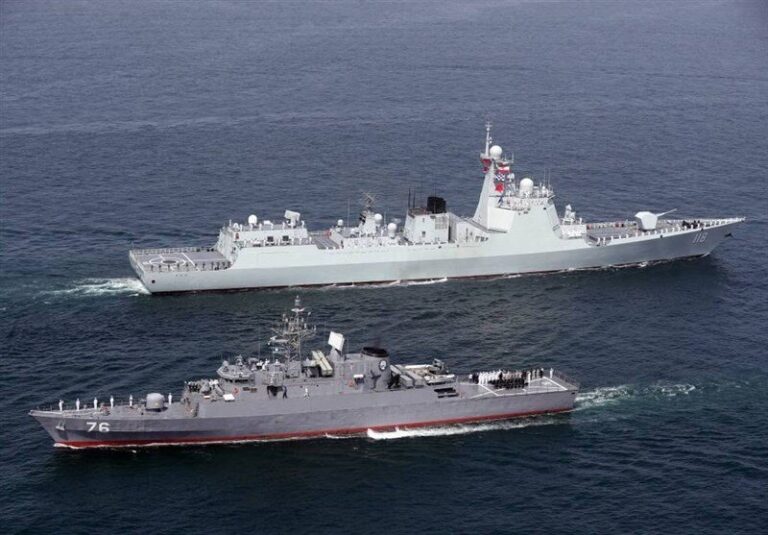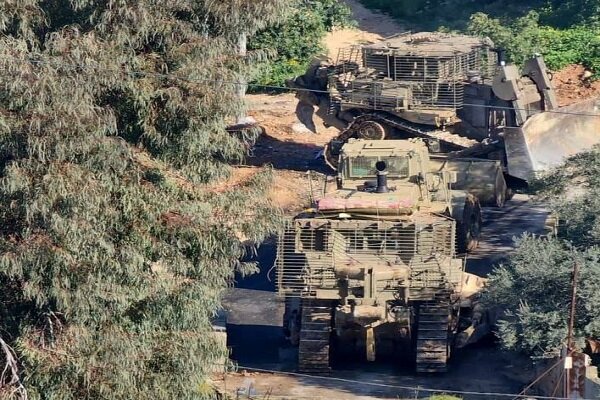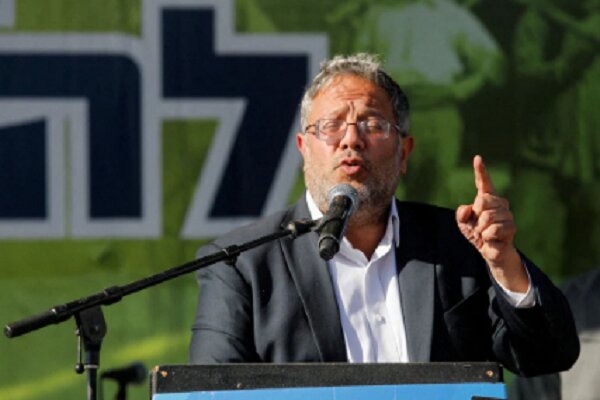Turkey and Israel Engage in Strategic Discussions on Syria: A New Diplomatic Frontier
In recent developments regarding military operations in Syria, Turkish Foreign Minister Hakan Fidan emphasized the importance of establishing a deconfliction mechanism with Israel. This statement highlights ongoing tensions in the region, particularly in light of Israel’s military actions in Gaza. Understanding the dynamics between these nations is crucial for regional stability.
Speaking in an interview with CNN-Turk television, Fidan stated, “Now, while we are carrying out certain operations in Syria, there needs to be a deconfliction mechanism at a certain point with Israel, which is flying its planes in that region, just like we do with the Americans and the Russians.” He underscored the necessity of technical contacts to facilitate this deconfliction.
While the need for communication and coordination is apparent, Fidan clarified that this does not imply a normalization of relations between Turkey and Israel. The longstanding tensions, particularly due to Israel’s ongoing military operations against Hamas in Gaza, remain a significant barrier to improving diplomatic ties.
Key points from Fidan’s statements include:
- Deconfliction Mechanism: The need for a structured communication framework to avoid potential conflicts between Turkish and Israeli military operations in Syria.
- Technical Contacts: Importance of establishing communication at a technical level to ensure safety and coordination in the airspace.
- No Normalization: Despite the necessity for dialogue, there will be no immediate normalization of relations due to the current geopolitical climate.
As regional tensions continue to escalate, the concept of a deconfliction mechanism becomes even more critical. The complexities of military operations in Syria and the involvement of multiple nations, including the United States and Russia, necessitate clear communication to prevent misunderstandings and potential conflicts.
Moreover, the ongoing conflict in Gaza has strained relations not only between Turkey and Israel but also among various other nations in the region. The humanitarian crisis resulting from the conflict raises further concerns, complicating diplomatic efforts and regional stability.
Fidan’s comments reflect Turkey’s strategic approach to managing its military operations while acknowledging the presence of other regional powers. This approach highlights the need for careful navigation of diplomatic relations in a landscape marked by conflict and shifting alliances.
In conclusion, the establishment of a deconfliction mechanism could serve as a vital step towards ensuring safety and coordination in the increasingly complex military environment of Syria. However, as emphasized by Foreign Minister Hakan Fidan, the path to normalization in Turkish-Israeli relations remains fraught with challenges, particularly in light of the humanitarian crises and military actions currently unfolding in the region.
As the situation evolves, it will be essential for all parties involved to prioritize communication and cooperation to mitigate risks and promote stability in the region. The ongoing dialogues will be closely watched by the international community, as the outcomes could have significant implications for Middle Eastern geopolitics.
In summary, the necessity for a deconfliction mechanism between Turkey and Israel in Syria is underscored by the complex military landscape and the need for safety in joint operations. However, the prospect of normalization remains distant amid ongoing conflicts, particularly regarding the situation in Gaza.
